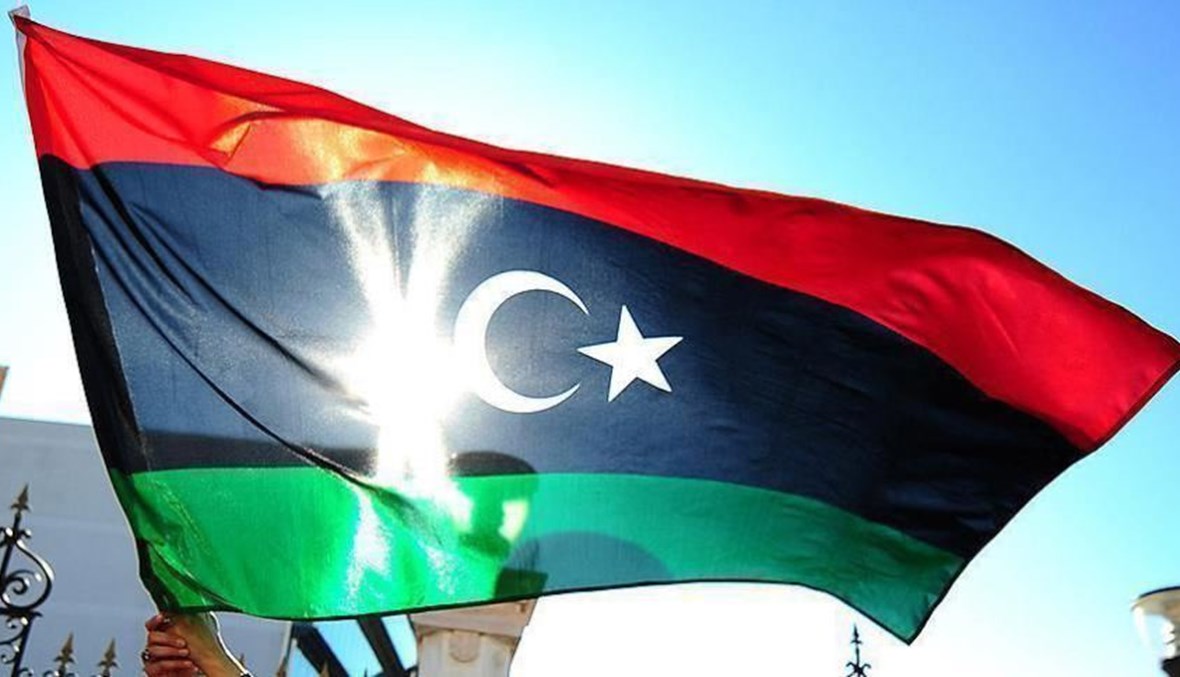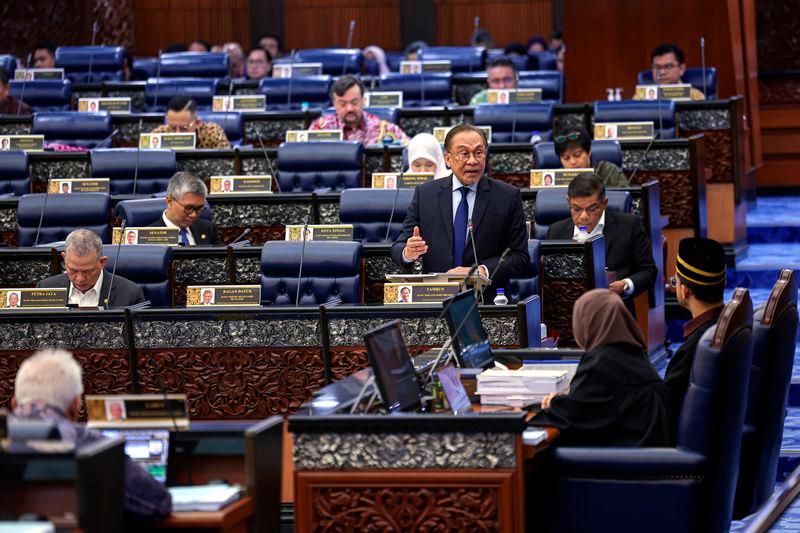The date of the elections has yet to be announced.
Qatar welcomed an agreement between Libya’s 6+6 Committee on electoral laws on Sunday, following long-delayed elections and years of instability in the country.
In a statement, Qatar’s foreign ministry said it considers the agreement, brokered by Morocco, “an important step towards achieving political agreement, leading to presidential and parliamentary elections.”
“The Ministry of Foreign Affairs expresses the State of Qatar’s appreciation of the brotherly Kingdom of Morocco for its efforts in hosting the talks and its support for dialogue and consensus between the Libyan parties,” the statement read.
The Gulf state renewed its support for the Libyan political process as well as the presidential and parliamentary elections “for the sake of stability in Libya and realising the aspirations of its brotherly people for development and prosperity.”
On the same day, Doha’s envoy to Tripoli Khalid Al Dosari met with Libya’s Vice President of the Presidential Council Abdullah Al Lafi. According to Qatar’s foreign ministry, the two officials discussed “bilateral cooperation”.
Last week, Libya’s factions agreed on the legal process to hold delayed presidential and legislative elections following weeks of talks in Morocco.
The elections were initially scheduled to take place in 2021 before being delayed due to a political split between rival factions. No new dates were announced.
In March, the UN envoy for Libya Abdoulaye Bathily said the elections would be held by the end of the year if a road map that includes electoral laws is decided by June, Reuters reported at the time.
Bathily had also announced an initiative to break Libya’s political impasse by creating a committee that would pave the way for elections.
The committee, represented by the House of Representatives (HoR) and High State Council (HSC), comprises of six members tasked with drafting the electoral laws.
While the HoR was elected in 2014 for 18 months, the HSC was elected once again in 2015 under a political agreement by the parliament in 2012, a year after the death of long-time ruler Muammar Gaddafi amid mass pro-democracy protests.
Last year, tensions increased between the United Nations-backed Government of National Unity (GNU) and the rival administration of Fathi Bashagha—widely viewed as an ally of rogue General Khalifa Haftar.
The GNU came to power in 2021 after a long period of instability that followed the overthrow of former dictator Gaddafi.
Several rounds of violence have erupted throughout the years-long crisis in Libya, including fatal clashes that killed at least 32 people last year.







